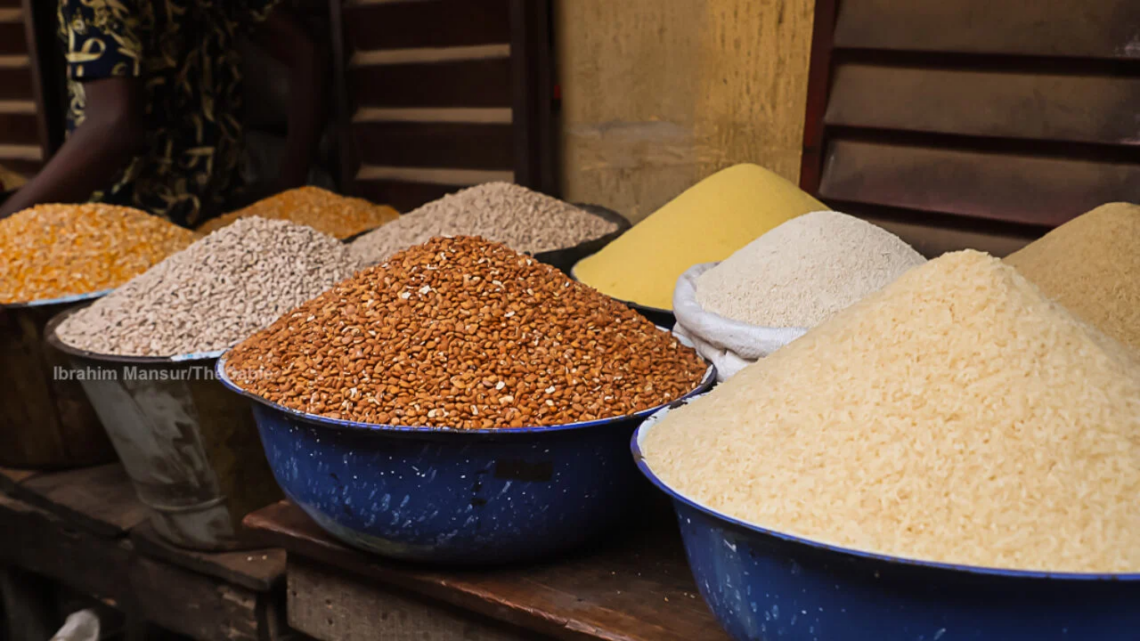One year after the federal government declared a state of emergency on food security, the impact of the initiative remains a topic of debate among stakeholders.
On July 13, 2023, President Bola Tinubu declared a state of emergency to address the escalating food crisis; however, despite several intentions, food insecurity in Nigeria has remain dire.
With the Food and Agriculture Organisation of the United Nations (FAO) recent report projecting that 31.5 million Nigerians are currently at high risk of food insecurity, from the estimated 25 million affected last year, Nigerians lamented that this emergency declaration is yet to make any difference to them.
Nigerians have been grappling with a persistent food inflation crisis, which has worsened in recent months to about 40.66 per cent, driven primarily by factors such as currency devaluation, challenges in food transportation and distribution, which have contributed to price hikes. At the same time, insecurity on the other hand keep threatening agricultural activities and reducing food production.
According to data from the National Bureau of Statistics (NBS), there has been a dramatic increase in the prices of staple foods in Nigeria from 2023 to 2024. This surge has significantly impacted the cost of living for many Nigerians, especially those in lower-income brackets.
Between 2023 and 2024, prices of rice have soared by over 150 per cent, while garri has seen a price increase of around 135 per cent. Other staples like beans, bread, beef, and vegetables have also experienced significant price hikes.
Some Nigerians who spoke to the NATIONAL ECONOMY lamented that, despite the declaration of a state of emergency on food security, the sharp rise in food prices has led to increased hardship, reduced their purchasing power and exacerbated poverty.
The national president of the All Farmers Association of Nigeria (AFAN), Kabir Ibrahim, has described the government’s efforts as a work in progress, urging for greater transparency in implementing programmes aimed at ensuring food affordability, which he considers essential to achieving food security.
Speaking in Abuja, Ibrahim emphasised that while efforts have been made, more needs to be done, particularly in addressing the root causes of the food security crisis.
Ibrahim called for a more aggressive approach to combating banditry, especially in key agricultural production areas.
“We ask for more action on the insecurity issue by addressing it in the affected areas alternately. For example, taking the fight to the bandits in identified production areas, decimate them, and then move to other areas until they are completely overpowered,” he said.
Ibrahim also highlighted farmers’ pressing challenges, including limited access to affordable inputs such as fertilisers and agrochemicals and the ongoing insecurity that threatens agricultural productivity.
He urged the government to take “more serious action” in these areas to mitigate the impact on food security.
Mr Joseph Yakubu, a resident of Orozo community in the Federal Capital Territory (FCT) told NATIONAL ECONOMY that he thought the declaration of a state of emergency as announced by the President would change things but was, however dismayed to see food prices triple after the declaration.
According to Yakubu, who is also a trader cum smallholder farmer, there remains unresolved mainly food affordability crisis and depleting purchasing power among households.
He said, “I was optimistic about the declaration of a state of emergency on food security last year. I heard it on the radio, but I think that development has yet to impact us. I haven’t seen any change since then, instead, everything (prices of commodities) has gone beyond our reach.
“My belief is that maybe the government should bring back the time of fuel subsidy payments which I think is responsible for all this high cost of living.”
A teacher, Mr Danladi Yusuf, is advocating for long-term solutions, stating that emergency measures alone won’t suffice.
He said that the government needs sustainable policies to address agricultural productivity, storage, and distribution networks, which he considered essential.
Yusuf said, “I have been hearing in the news that the government has been giving rice to people but nothing has ever reached us here in Orozo. I don’t think the state of emergency on food security has helped an anyway because we have not seen the impact.”
Another Abuja resident, Mrs Gloria Audu, lamented the government’s inability to address the high cost of food currently experienced.
She told the NATIONAL ECONOMY that they’re yet to see tangible improvements in their daily lives since the declaration of a state of emergency on food security last year.
She said, “Yes, I’m aware of the state of emergency on food security, but I have my doubts about it, until we see visible improvements in food affordability, only then can we confidently say that the government is serious.”





